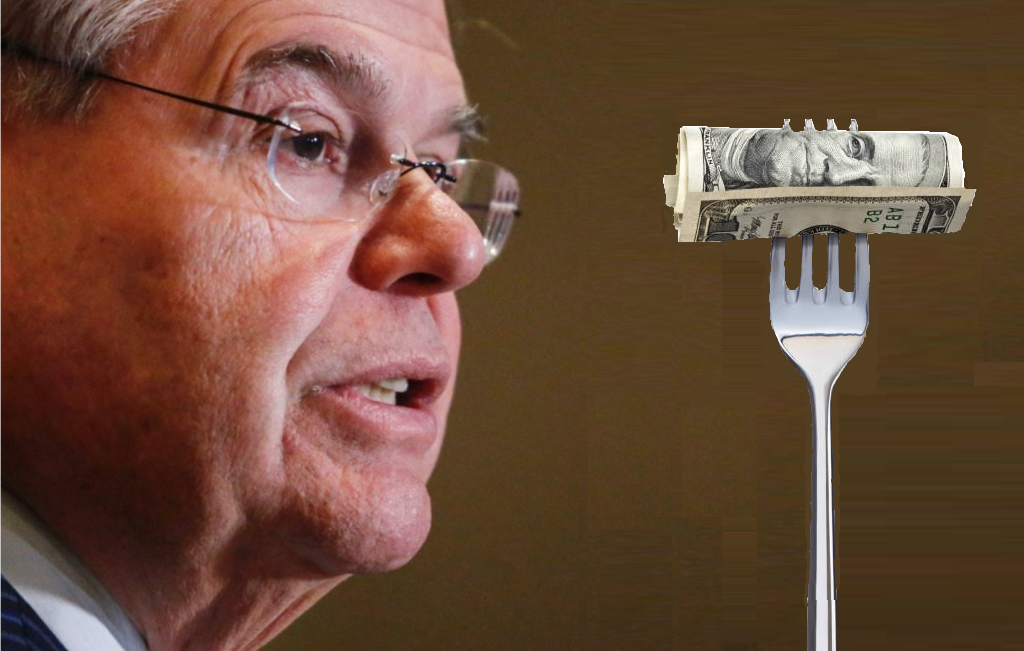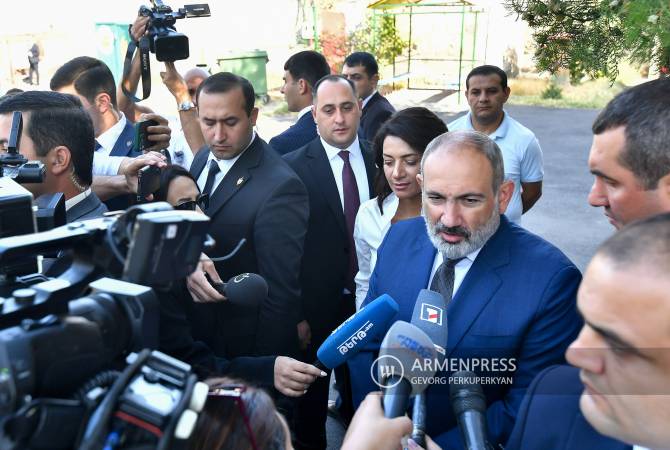 House Speaker Nancy Pelosi receives flowers from Armenian Prime Minister Nikol Pashinyan during a meeting in Yerevan, Armenia, in September. REUTERS
House Speaker Nancy Pelosi receives flowers from Armenian Prime Minister Nikol Pashinyan during a meeting in Yerevan, Armenia, in September. REUTERS
The U.S. is stepping up its diplomacy in Eurasia’s South Caucasus region following the recent clashes that killed at least 280 soldiers along the Armenia-Azerbaijan border, including National Security Advisor Jake Sullivan’s Sept. 27 meeting with Armenian and Azerbaijani foreign policy officials as well as Secretary of State Antony Blinken’s prior call with Azerbaijan’s president.
Yet while Washington’s attempt to foster peace in the region is encouraging, it is undermined by members of Congress, particularly in California, who are taking a one-sided approach that flies in the face of effective diplomacy both in values and practice.
After House Speaker Rep. Nancy Pelosi led a Democratic congressional delegation to Armenia that also included California Reps. Jackie Speier and Anna Eshoo, in addition to Rep. Frank Pallone of New Jersey, the visiting lawmakers (in addition to California’s Rep. Adam Schiff) introduced a House resolution that exclusively blamed Azerbaijan for the recent hostilities as well as the 2020 war between Armenia and Azerbaijan.
It is hardly surprising for longtime congressional advocates of Armenia to visit Yerevan in the aftermath of September’s violence. But given that soldiers died on both sides, it is a diplomatic conundrum for a high-ranking official such as Pelosi, who stands second in the line of succession should the president leave office, to only visit Armenia and to refuse to hear from Azerbaijani leaders.
A more balanced diplomatic approach to the region is long overdue. If she visited Azerbaijan and particularly Karabakh, the territory that Azerbaijan liberated in the 2020 war following three decades of Armenian occupation, Pelosi would witness the comprehensive Azerbaijani efforts to redevelop the area amid the lingering devastation of the occupation.
This desecration, which I saw with my own eyes during a recent visit to Karabakh, is typified by miles of looted homes, mosques, and cemeteries whose roofs were burnt off and whose stones were resold by Armenians in the construction business, according to the Azerbaijani officials whom I spoke with on the ground. Vandals also sold marble from gravestones and golden teeth from corpses, while the mosques were frequented by livestock rather than worshippers.
Across Karabakh, it is difficult to take a step in any direction without considering landmines — as U.N. experts estimate that there are more than 1 million explosive devices in the area, which will take 25 years and $50 billion to fully clean. Araz N. Imanov, senior advisor to Azerbaijan’s president in the Karabakh Economic Region, explained that in November 2020, when Armenians had several weeks to withdraw from Karabakh in accordance with a Russian-brokered ceasefire following their surrender in the war, they used the time to plant difficult-to-detect explosives that have complicated Azerbaijan’s redevelopment of the liberated territories and have left the Azerbaijan National Agency for Mine Action with a seemingly endless task.
What had been a lush green area with vineyards as well as thriving wheat and cotton production prior to the occupation was decimated by “ecocide,” as springs were blocked to divert water for military purposes, said Imanov, whose emotion is palpable as he discusses how he is “still trying to come to terms with what happened in Karabakh.”
Despite the obstacles, Azerbaijan continues to forge ahead with the journey of restoring the territory. A smart village (in which electronic methods and sensors collect data that is used to efficiently manage assets, resources, and services) has been constructed in Zangilan, where Karabakh’s first school in 30 years opened this past month. In Fuzuli, a new international airport is poised to serve as a gateway to the region.
In Shusha — a city known before the occupation as the “Conservatory of the Caucasus” due to its status as a significant political, economic, and cultural center in the region — Apple Pay came to the area just one week after the 2020 war, signifying the renewed openness to modern technology that promises to revitalize the region. Officials in Shusha said that the city, which Azerbaijan redeclared as its cultural capital following the victory over Armenia, has hosted 40 international conferences this year.
While the United Kingdom in August committed $1.2 million to Azerbaijan’s demining efforts in Karabakh, increased investment in the rebuilding initiative serves America’s strategic and moral interests.
From a geostrategic perspective, Azerbaijan is a crucial U.S. ally in the realm of energy security and diversification as the leader of the Southern Gas Corridor — which spans 2,200 miles across seven countries and three pipelines, representing a linchpin of aspirations to decrease Europe’s dependence on Russian natural gas. In July, the European Union signed a memorandum of understanding to more than double the supply of gas from Azerbaijan to EU countries.
Further, from a moral perspective, four U.N. resolutions affirm that Karabakh is part of Azerbaijan. Although Armenia’s supporters in Congress continue to accuse Azerbaijan of “war crimes,” international law is on Baku’s side when it comes to the rebuilding of Karabakh. U.S. policy towards Karabakh should follow accordingly.
Armenia’s sizable American diaspora population, as well as its congressional advocates in California and nationwide, will undoubtedly continue to be vocal and active. It is now incumbent upon those who understand the strategic importance of the U.S.-Azerbaijan relationship to also make their voices heard.
Simultaneously, in the foreign policy arena, the bare minimum that we should expect from high-ranking American and Californian leaders such as Nancy Pelosi is an attempt to conduct balanced diplomacy. Any one-sided efforts will do nothing but undermine peace.
Jacob Kamaras is the editor and publisher of the San Diego Jewish World, the former editor in chief of the Jewish News Syndicate, and the founder of Stellar Jay Communications, a PR firm representing Azerbaijan.



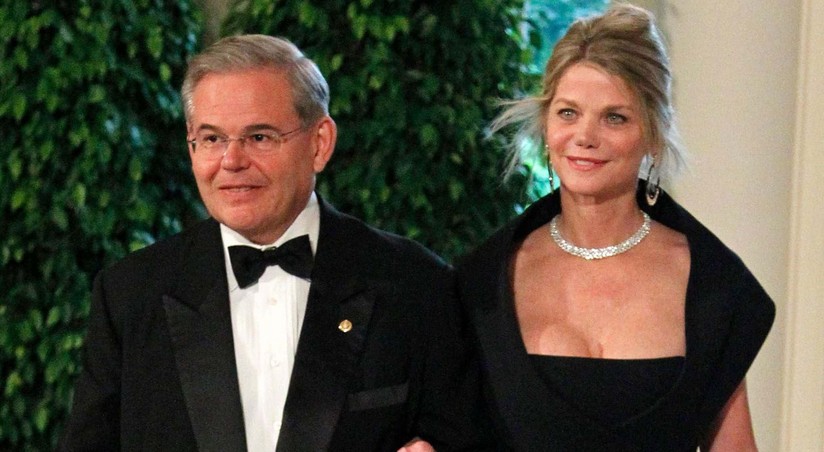



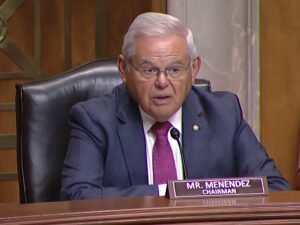 Senate Foreign Relations Committee Chairman Robert Menendez (D-NJ)
Senate Foreign Relations Committee Chairman Robert Menendez (D-NJ)
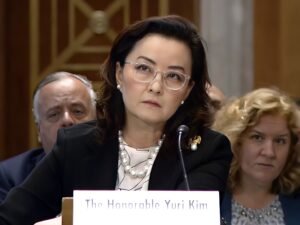 Acting Assistant Secretary of State for Europe and Eurasia Yuri Kim
Acting Assistant Secretary of State for Europe and Eurasia Yuri Kim 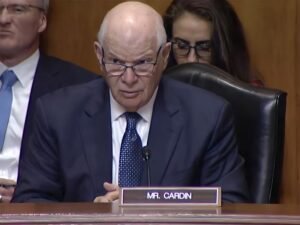 Sen. Ben Cardin (D-MD)
Sen. Ben Cardin (D-MD) 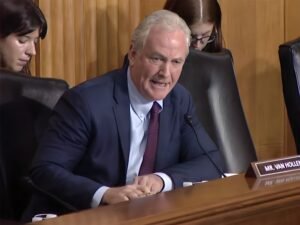 Sen. Chris Van Hollen (D-MD)
Sen. Chris Van Hollen (D-MD) 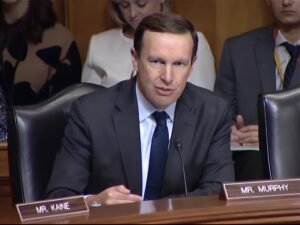 Sen. Chris Murphy (D-CT)
Sen. Chris Murphy (D-CT) 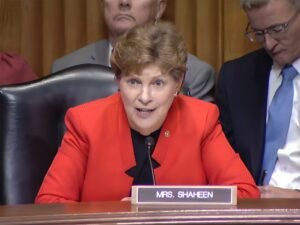 Sen. Jeanne Shaheen (D-NH)
Sen. Jeanne Shaheen (D-NH) 